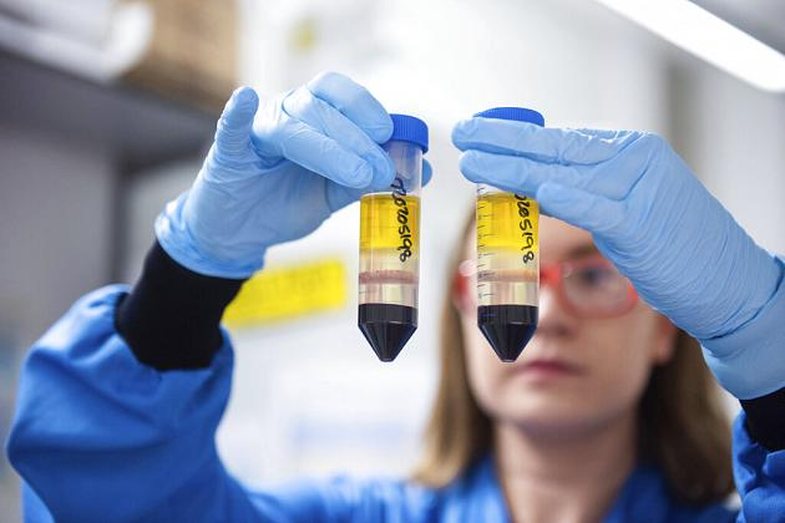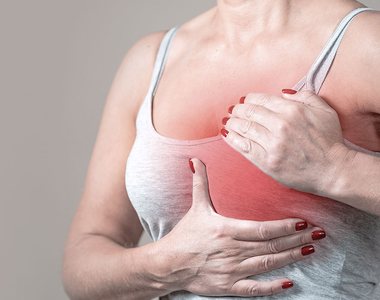
The University of Oxford vaccine in collaboration with pharmaceutical company AstraZeneca will undergo a new global test because critics questioned the claim that it could protect up to 90% of people against the coronavirus.
On Thursday, Sir John Bell, full professor of medicine at Oxford and adviser to the British government, dismissed ideas that previous trials had not been conducted or reported properly. He said he hopes to review the data from colleagues after their publication in the medical journal Lancet over the weekend.
Analysts in the US are of the opinion that this vaccine will never be licensed in the US and support the idea that the company tried to "beautify" the results. However the UK government has asked the Medicines and Health Products Regulatory Agency (MHRA), the body that licenses vaccines in Britain, to start the approval process for the first phase of vaccination.
The demand for new evidence of vaccine effectiveness came after AstraZeneca and the University of Oxford on Wednesday admitted an error in the production of their vaccine, which raised questions about the preliminary results of the experimental vaccine against Covid-19.
The group of volunteers who received a lower dose appeared to be much better protected than the volunteers who received two full doses. In the low-dose group, AstraZeneca said, the vaccine appears to be 90% effective. In the group that received two full doses, the vaccine was 62% effective. Combined, the drug manufacturers said the vaccine appears to be 70% effective. "You've taken two studies that used different doses and came up with a composition that represents none of the doses," said David Salisbury, a global health expert.
The Oxford vaccine was seen as the most suitable for developing countries, due to its low price and the fact that it could be stored in the refrigerator. But Astrazeneca shares have fallen more than 6% after the situation caused. Oxford / AstraZeneca joined Covax, the program run by the World Health Organization to distribute vaccines to all countries and has reached agreements with manufacturers in other countries, including our country.
Recommended articles:





